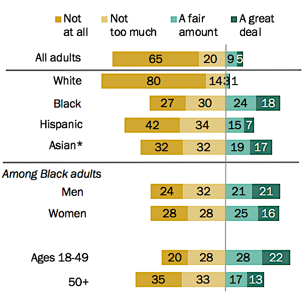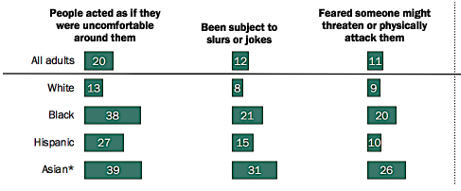Stigmas and discrimination during the COVID-19 pandemic
OPINION
Excerpts from “Stop the coronavirus stigma now; Nature, 2020, 580, 165.
"For years, it was common for viral diseases to be associated with the landscapes, places or regions where the first outbreaks occurred — as in Middle East respiratory syndrome, or Zika virus, named after a forest in Uganda. But in 2015, the WHO introduced guidelines to stop this practice and thereby reduce stigma and negative impacts such as fear or anger directed towards those regions or their people. The guidelines underlined the point that viruses infect all humans: when an outbreak happens, everyone is at risk, regardless of who they are or where they are from.
It’s clear that since the outbreak was first reported, people of Asian descent around the world have been subjected to racist attacks, with untold human costs — for example, on their health and livelihoods.
It would be tragic if stigma, fueled by the coronavirus, led Asia’s young people to retreat from international campuses, curtailing their own education, reducing their own and others’ opportunities and leaving research worse off — just when the world is relying on it to find a way out.
Coronavirus stigma must stop — now."
RESEARCH
Excerpts from;“Many Black and Asian Americans Say They Have Experienced Discrimination Amid the COVID-19 Outbreak” Pew Research Center, July 2020.
Asian and Black Americans more likely than other groups to report negative experiences because of their race or ethnicity since the coronavirus outbreak
% saying each of the following has happened to them because of their race or ethnicity since the coronavirus outbreak

Black and Asian adults are more likely than white, Hispanic adults to worry people will be suspicious if they wear a mask
% saying they worry that other people might be suspicious of them because of their race or ethnicity if they wear a mask or face covering when in stores or other businesses

Black and Asian Americans most likely to report adverse experiences due to their race or ethnicity since the coronovirus outbreak began
% saying each of the following has happened to them because of their race or ethnicity since the coronavirus outbreak

